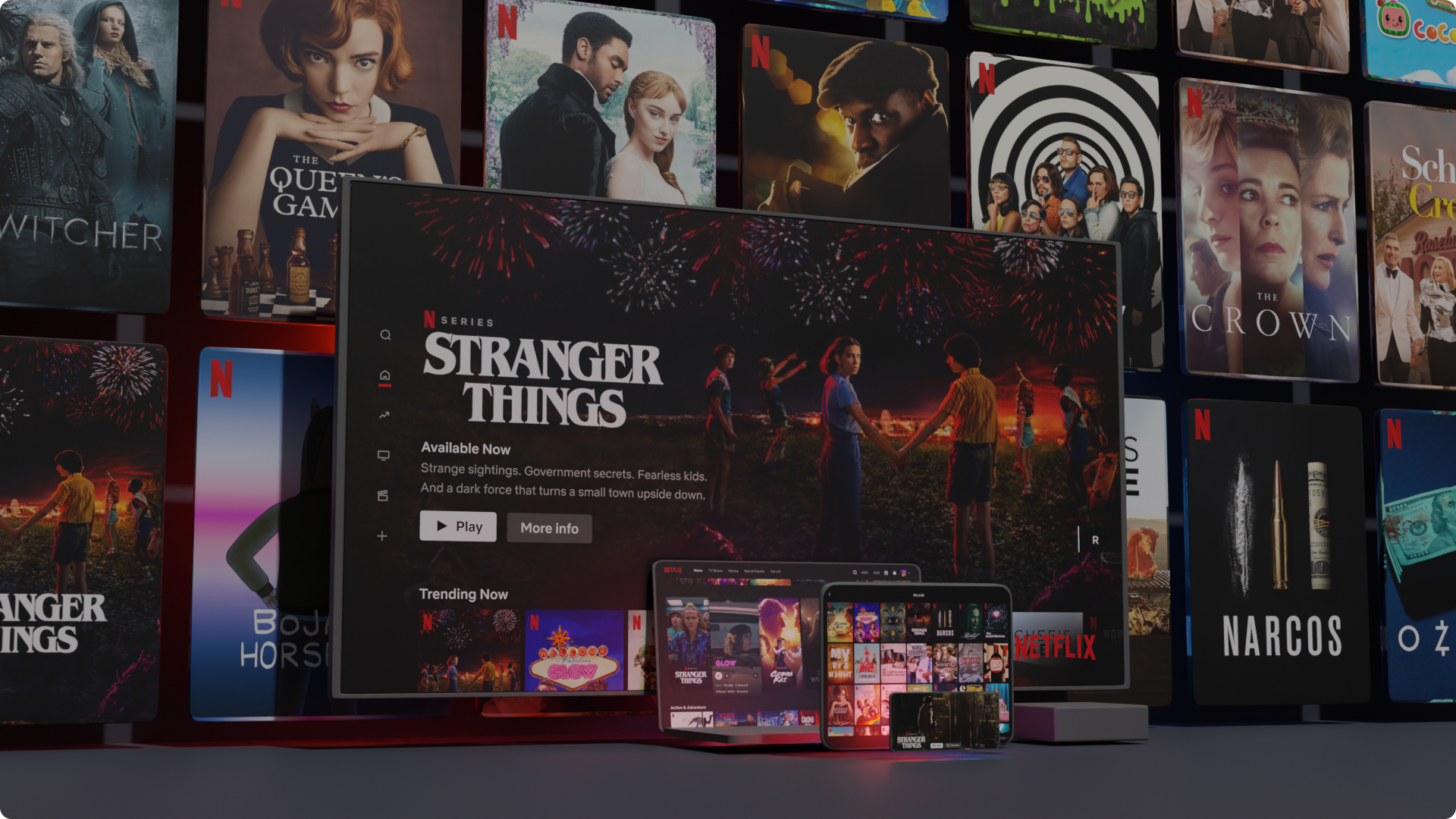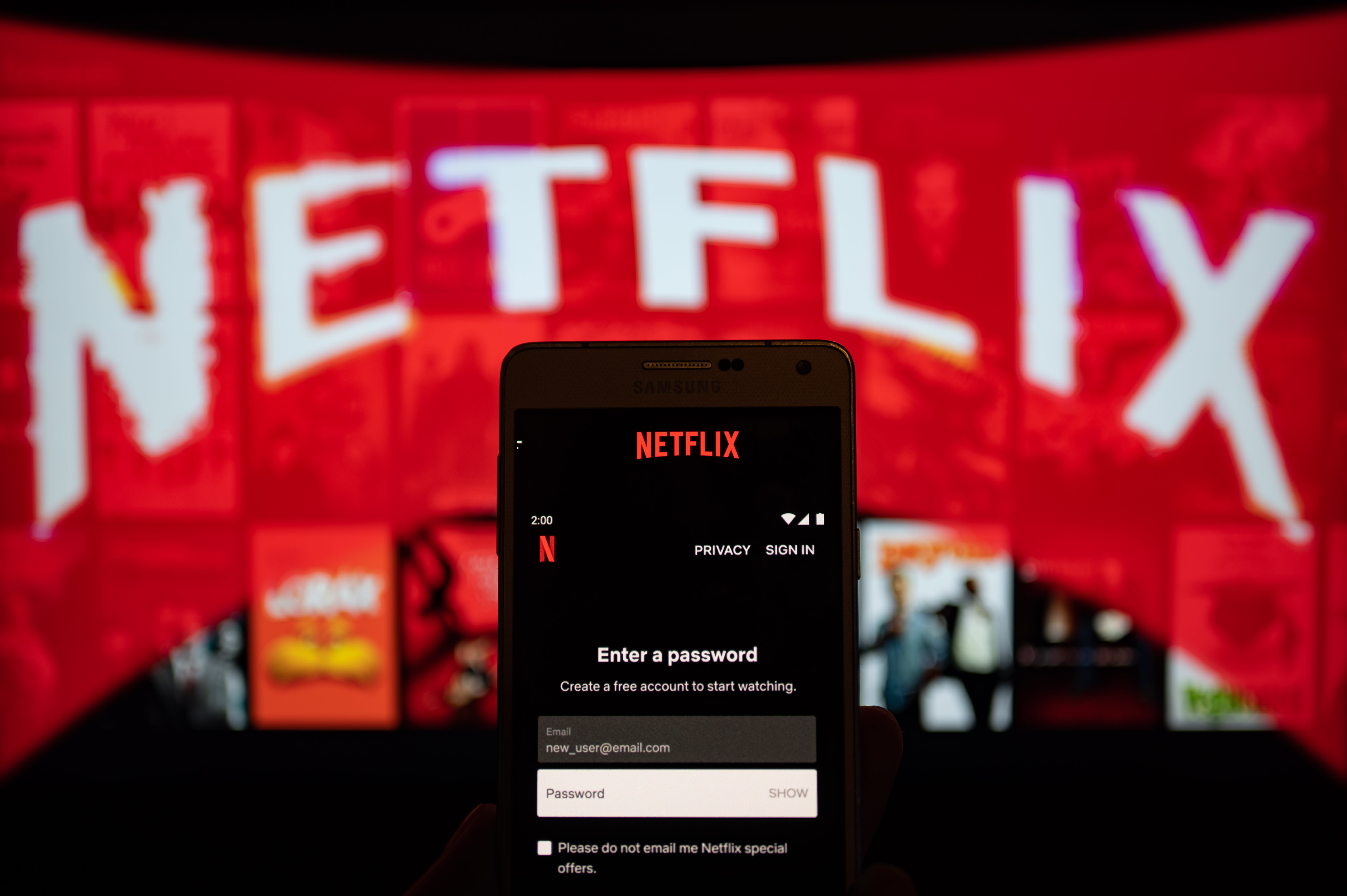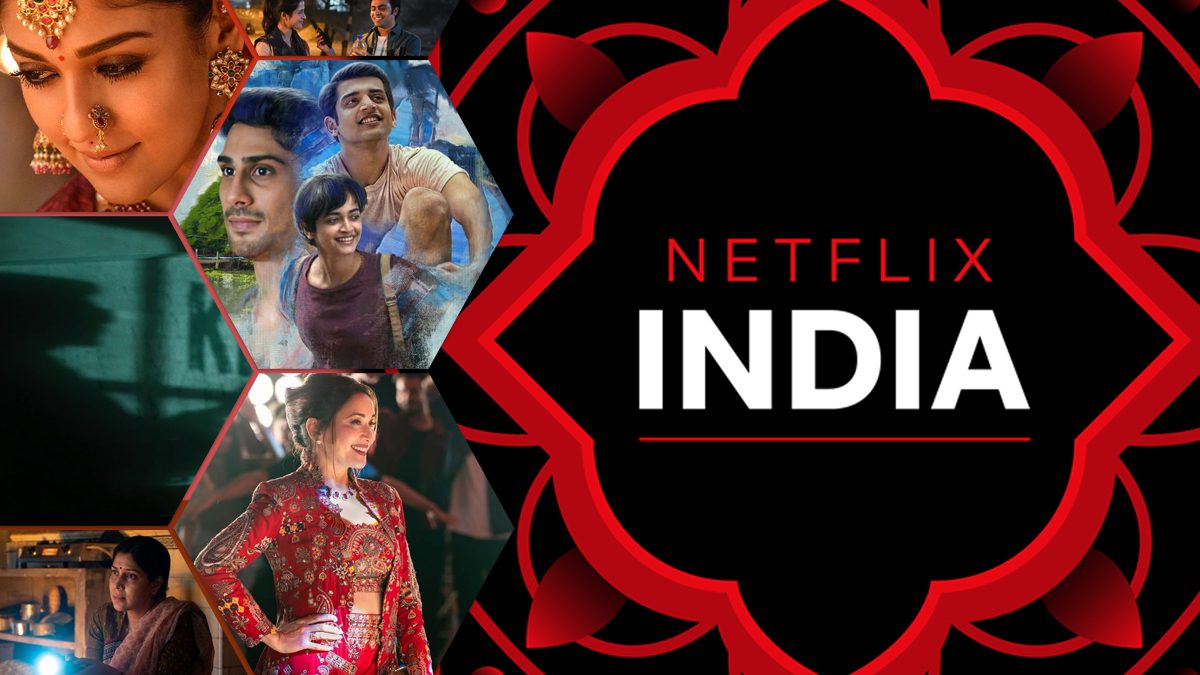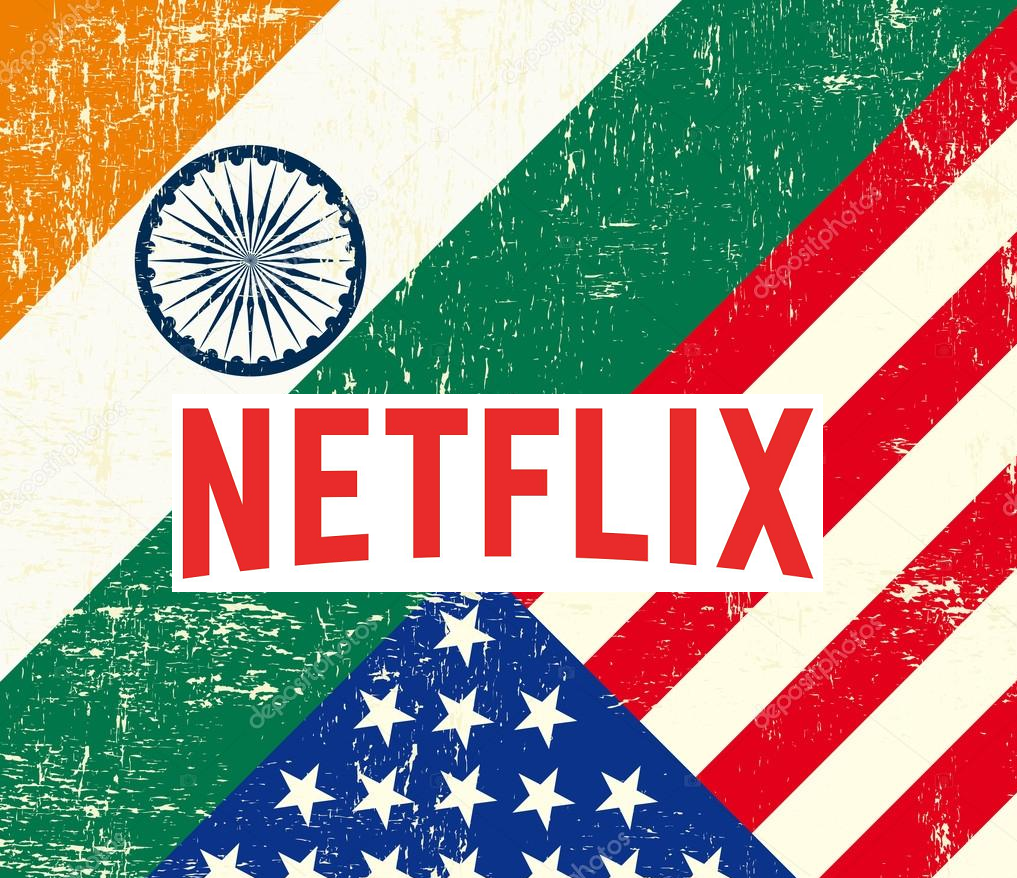How Netflix is Dealing with Password Sharing in Different Regions 2023
Perhaps every parent teaches their child that “sharing is caring.” It’s interesting to note, though, that this is different from the situation with Netflix, the industry leader in streaming. This May, the streaming service cracked the whip to dissuade U.S. customers from sharing passwords. The streaming service stated in an email to its subscribers: “Your Netflix account is for you and the people you live with — your household.” As a result, Netflix subscribers now have the option to transfer a profile of someone from outside their home so that person may start a paid membership, or they can pay an additional $7.99 per month per person.

Cut to India, where it’s estimated that millions of people use shared passwords to access material on several over-the-top (OTT) services. In reality, some customers gain access to over 50 devices through their accounts. “Some cable companies also give their consumers login information for OTT services. It results in a considerable revenue loss for the OTT sector. India is a challenging market to enter, to begin with. Getting people to pay for an S-VOD service is a challenge in and of itself, and when you add piracy thanks to applications like Telegram, it becomes much more difficult.
Account sharing, on the other hand, is something that the platforms can very easily regulate. Sanjay Chhabria, the founder of Everest Entertainment, indicated that he believed they were taking the proper actions to limit and control.

Netflix, the global streaming giant, has been actively combating the issue of password sharing to protect its revenue streams and maintain content exclusivity. However, while Netflix has implemented stricter measures against password sharing in the United States, the same level of enforcement has yet to reach India. This article delves into the reasons behind this disparity and examines the challenges Netflix faces in addressing password sharing in India.
Password sharing has long been a concern for Netflix and other streaming platforms. Sharing login credentials allows multiple users to access an account without subscribing individually, resulting in potential revenue losses for the streaming service. In response, Netflix has taken several steps to curb password sharing in different regions.
In the United States, Netflix has intensified its efforts to curb password sharing. The company has introduced measures such as multi-factor authentication, requesting verification codes sent to the account holder’s phone or email. Additionally, Netflix has limited the simultaneous streams allowed for a single account, reducing the scope for excessive sharing. These measures ensure that users cannot share their login credentials with an unlimited number of individuals.
According to the most recent report from Antenna, Netflix has seen its four-highest days of U.S. user growth in the past four and a half years after notifying members in the United States that it will start to limit password sharing as of May 23, 2023. Based on the most recent statistics available, Antenna reports that Netflix received daily sign-ups of close to 100,000 on May 26 and May 27. During that time, Netflix averaged 73,000 daily sign-ups, a more than 102% increase over the preceding 60-day average.”We introduced paid sharing in four nations in Q1 and are happy with the results.
In Q2, we want to launch broadly, including in the U.S.,” Netflix stated. Additionally, Netflix revealed it would change similarly in four other nations: New Zealand, Canada, Portugal, and Spain.

In contrast to its stringent measures in the U.S., Netflix has encountered significant challenges in addressing password sharing in India. The Indian market presents unique socio-economic factors and consumption patterns, making it difficult for the company to crack down on this issue effectively.
One of the primary challenges is the pricing disparity between the U.S. and India. Netflix’s subscription plans are significantly more affordable in India due to the country’s lower average income levels. Indian users believe that Netflix is expensive compared to other streaming platforms. As a result, they often share passwords to access content.

India has a strong culture of collective family viewing. It is common for multiple family members to share a single Netflix account, which may make password sharing ingrained in the Indian user’s mindset. Shared family accounts are considered the norm, making it challenging for Netflix to differentiate between legitimate users and those abusing the system.
According to specialists in the field, user sharing of passwords has negatively affected these platforms, resulting in lost income, higher expenses, content piracy, and difficulty in audience measurement. Sharing passwords could spell doom for SVoD (subscription-based video-on-demand) platforms, which depend on subscriptions as their primary source of income. At the same time, it will impact media with a mixed business model or one that combines SVoD and AVoD (advertising-based video-on-demand). Furthermore, account sharing can force OTT providers to incur additional costs. As a result of account sharing, platforms must invest in server capacity and bandwidth to handle the increased demand. They must also continue upgrading their infrastructure to support their expanding user base.
Some users who previously benefited from shared accounts may decide not to subscribe individually after password sharing is outlawed and separate accounts are required. Long-term subscription numbers may drop as a result of this. Users used to sharing passwords and gaining access to information for free or at a discounted price can also think that the individual membership rates should be lowered. According to Ashish Golwalkar, senior media consultant and former head of content at Sony, this would result in a drop in user happiness and might affect user retention and acquisition rates.

According to market research company Statista, the SVoD market will generate $95.35 billion worldwide sales by 2023. By 2027, a projected market volume of $137 billion is anticipated due to revenue growing at a projected annual growth rate (CAGR 2023-2027) of 9.48%. In terms of worldwide comparison, the United States will create the highest revenue in 2023, at $39,250 million. In the video streaming (SVoD) market, the average revenue per user (ARPU) is anticipated to reach $73.55 in 2023. By 2027, 1.64 billion people will be active in the SVoD market. In 2023, there will be 16.9% of users, and by 2027, there should be 20.6% of users.
According to industry insiders, if and when other platforms tighten down on password sharing, this would further enable them to establish new user groups that might be monetized. Separate accounts also make it possible to track and measure user activity, content preferences, and demographics more accurately. This would provide platform operators with more meaningful information for content curation, targeted advertising, and individualized user experiences. According to analysts, the change may have a short-term benefit, but there may be long-term implications for video OTT players as well. In the future, new business models could emerge.

India’s diverse population faces significant technological barriers, including limited internet connectivity and device accessibility. These barriers often necessitate sharing accounts among multiple users who may need access to their devices or reliable internet connections. Addressing password sharing in such a context requires innovative solutions that cater to the unique challenges faced by Indian users.
In the future, new business models could emerge. According to Nikhil Dalal, head of RedSeer Consultancy, “OTT platforms must get into the demography that needs to be paying, effectively pooling accounts, to achieve revenue growth.
India’s streaming market is highly competitive, with several regional and international participants buying for market share. The streaming industry in India is fiercely competitive, with local and global players trying to gain a more significant market share. To remain competitive, Netflix must continue to offer a diverse range of regional content tailored to the preferences of Indian viewers. However, the availability of alternative platforms with region-specific content makes it difficult for Netflix to enforce strict measures without alienating its user base.

While Netflix has made notable strides in cracking down on password sharing in the U.S., the Indian market poses unique challenges that prevent the company from implementing similar measures effectively. Factors such as pricing disparities, cultural norms, technological barriers, and competition contribute to the prevalence of password sharing in India. To combat this issue, Netflix must adapt its strategies and find innovative solutions that align with the Indian market’s unique characteristics while protecting its revenue streams. By striking the right balance, Netflix can foster a sustainable model that respects the Indian users’ needs while maintaining content exclusivity and growth in the region.



